
The leaves of the native coca plant make cocaine a highly addictive, stimulating, and abused narcotic. Cocaine is an illegal drug, although medical professionals can use it for legitimate medical procedures such as local anesthesia during specific surgeries. Cocaine appears like a fine, white, crystal-like white powder on the street. To boost revenues, street vendors frequently combine it with ingredients like cornstarch, talc, or flour. They might also combine it with other drug prescriptions, such as stimulant drugs and amphetamines.
Cocaine use disorder puts the user’s heart and circulatory system under strain and can lead to heart attacks and strokes. In addition to the high potential for heart attacks and strokes, cocaine users may be impulsive and do dangerous things while high on drug addiction.
Rehab center provides you cocaine addiction treatment program. We have a variety of options to help you stop using cocaine. During cocaine treatment, you will need to consider your options and whether detox is the right route for your situation. Most of the time, cocaine detox will be the first step in overcoming addiction. We are one of the best facilities in the United States to treat substance use disorders. Our treatment plan includes inpatient, detox, and additional therapy programs to provide you with successful long-term recovery. Individuals can get a personalized treatment plan and overcome substance abuse or cocaine abuse.
Supervised inpatient detox can help an addict overcome cocaine abuse. Treatment options focus on the connection between thoughts and behaviors and help patients develop healthy responses to their thoughts and feelings. It has been proven effective with recovering addicts of all types. It helps strengthen the patient’s self-awareness, improves communication skills, and reduces stress.
Patients get a level of care during the detox process at Never Alone. Medical detoxification works to cleanse the body of the chemical substances that cause a relapse. It also helps to heal the physical body as you are facing severe withdrawal symptoms. In many cases, issues that cause a relapse stem from emotional or spiritual pain. For this reason, it is important to find an inpatient treatment program. At Never Alone treatment center, patients can detox and enter effective drug abuse treatment programs, enabling them to focus on healing the emotional and spiritual sides of their addictions.
Cocaine alters brain chemistry to create intense cravings and mood swings that can persist for weeks or months after use stops. As tolerance builds, individuals require higher doses to achieve the same “high,” often spending increasing amounts of time and energy obtaining the drug. This cycle can lead to social withdrawal, neglect of responsibilities, and the need for professional treatment.
Common physical and behavioral signs include:
Professional help should be sought as soon as any of the above symptoms appear. Treatment typically combines:
Your primary care physician or an addiction specialist can recommend qualified counselors or treatment programs. Helplines also offer referrals to local resources.
Encouraging someone to get help is the first—and often hardest—step. Family members may feel fear, frustration, or financial strain, but avoiding “rescuing” behaviors is crucial. To support a loved one:
A complex interplay of factors drives cocaine dependence:
Family History & Genetics: A biological predisposition and learned behaviors increase risk.
Psychological & Environmental Triggers: Stressful or traumatic experiences, exposure to drug-using peers or family members.
Socioeconomic Influences: Higher availability in certain communities and social circles.
Drug Availability: Easy access—especially among unsupervised youth—heightens experimentation.
Peer Pressure: Desire to fit in can push adolescents and adults to try or continue use.
Lack of Supervision: Insufficient parental or caregiver oversight removes deterrents.
Mental Health Disorders: Anxiety, depression, or trauma often drive self-medication with cocaine.
Cocaine’s powerful stimulation of the brain’s reward system leads to a range of adverse outcomes:
Employment: Declining performance, absenteeism, workplace accidents, higher healthcare and legal costs
Relationships: Erosion of trust, communication breakdown, financial stress
Health & Safety: Cardiovascular risks (heart attack, stroke), impaired judgment leading to accidents or risky behaviors, long-term cognitive decline, sleep and appetite disturbances
Immune & Respiratory Systems: Weakened immunity, malnutrition, nosebleeds (snorting), infection risks (injection)
Recovery begins with honest dialogue with a medical professional. Treatment options may include counseling, behavioral therapies, and, in some cases, medication to reduce cravings. Learning to recognize and manage triggers—through distraction techniques, recalling negative consequences, or positive thought substitution—is essential. Residential programs like those at Never Alone provide structured support for those who need it.
This program is designed for teens—every part of it. With a maximum of just 22 teens in our care at any time, our team has the space to build meaningful, personal relationships with each adolescent and stay closely connected to every family.
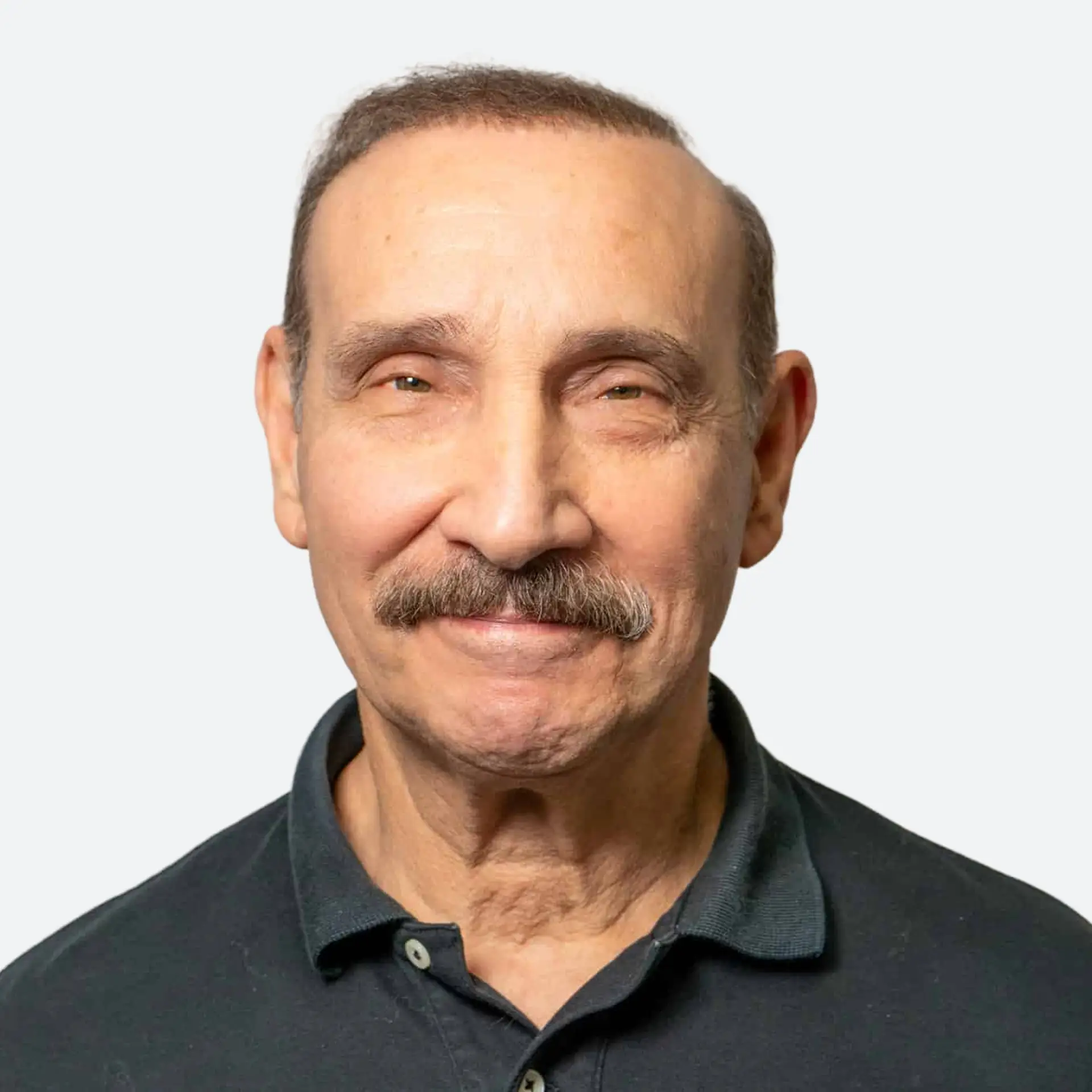
Medical Director
Over 40 years in addiction medicine, with a focus on adolescent care for nearly three decades

Clinical Director
Leads trauma-informed therapy with a personalized approach
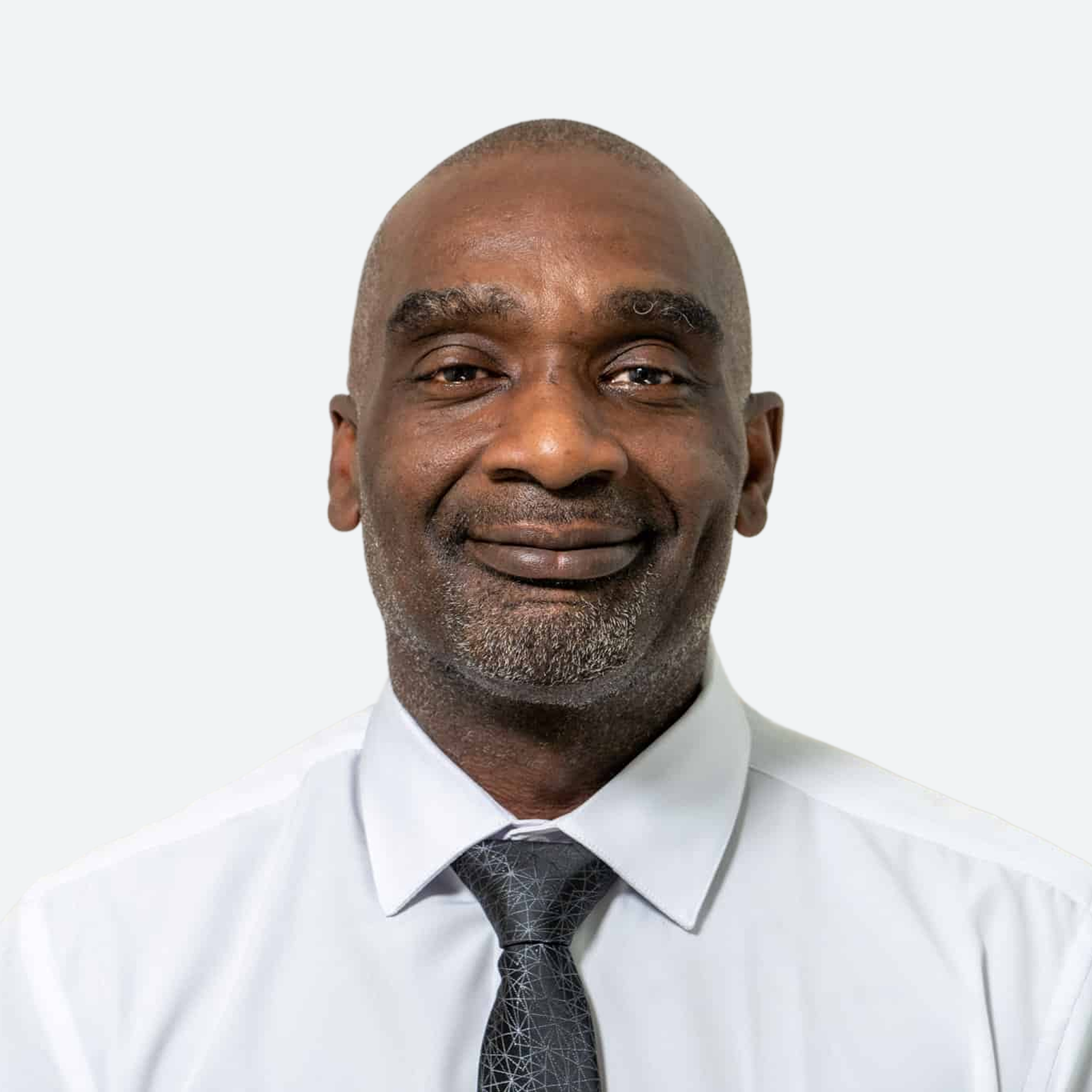
Program Director
Brings 20 years of youth-focused experience in family systems and crisis stabilization
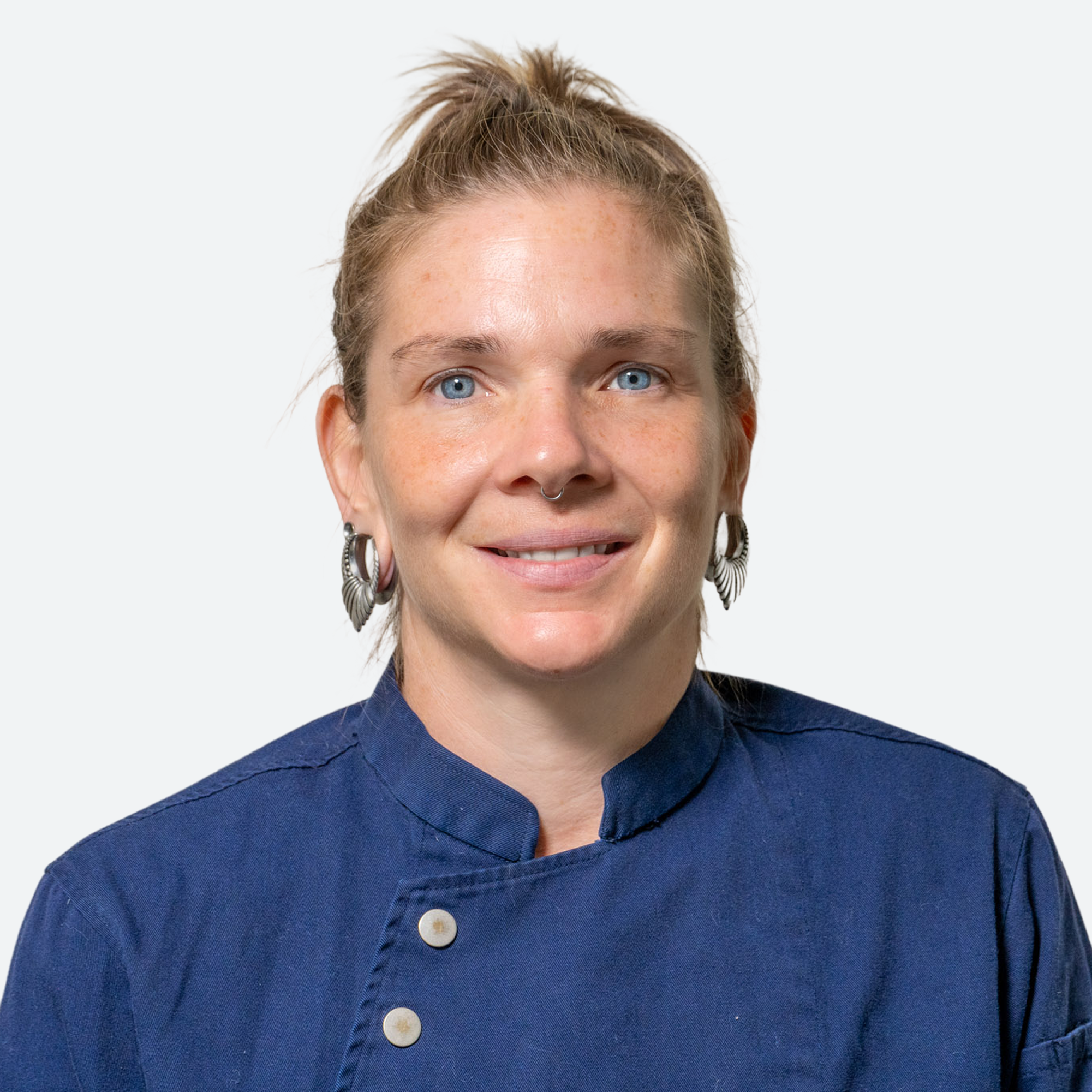
Professional Chef
Prepares nourishing meals that create community and comfort, with over 25 years of experience

Creative Arts Therapist
Helps teens process emotions through music, art, and expression
Families come from all over the country for one reason: the care here works. Your teen isn’t just treated. They’re seen, supported, and given the tools to grow.
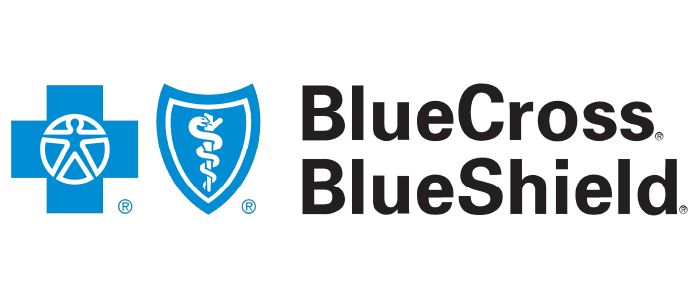

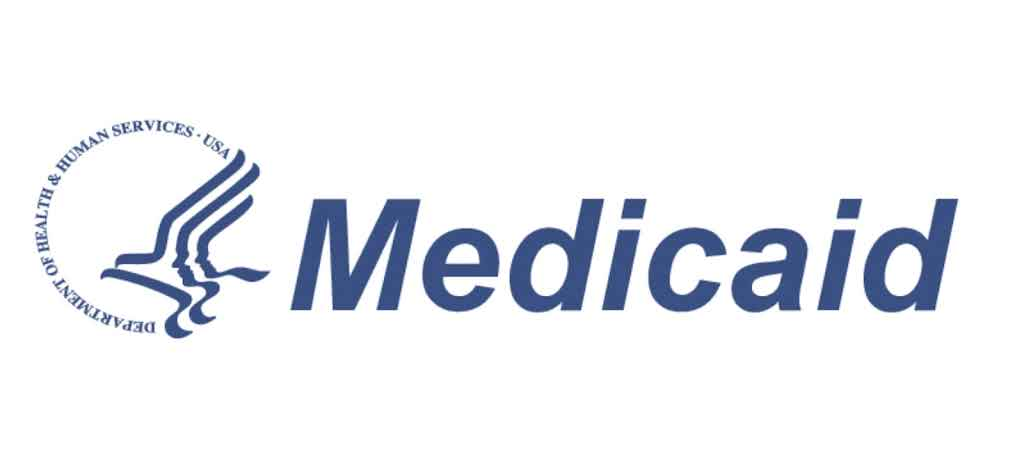
Many More
It’s time to make a change for your teen. Get answers today.
100% Confidential
You’ve tried what you can. If nothing else has helped, this may be the step that finally moves things forward.
You don’t have to figure it out alone. Reach out today to talk with someone who understands. We’ll help you decide if Never Alone is the right fit, and walk you through what happens next.